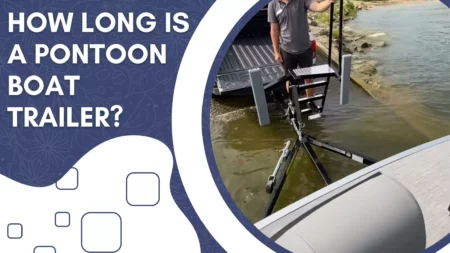Pontoons and speedboats are two of the most famous ships available today. While both offer unique advantages and features, they are also quite different.
Pontoon boats are more significant and offer more room for entertaining, while speed boats are designed for speed and agility.
When deciding between a pontoon boat and a speed boat, it is essential to consider the advantages and disadvantages of each.
Pontoon boats are typically more stable and comfortable but slower than speed boats.
Speed boats are designed for speed and handling but may not be as comfortable or as spacious as a pontoon boats. Both ships offer unique features, so weighing the options before deciding is crucial.
Advantages of speed boats Over pontoon boats
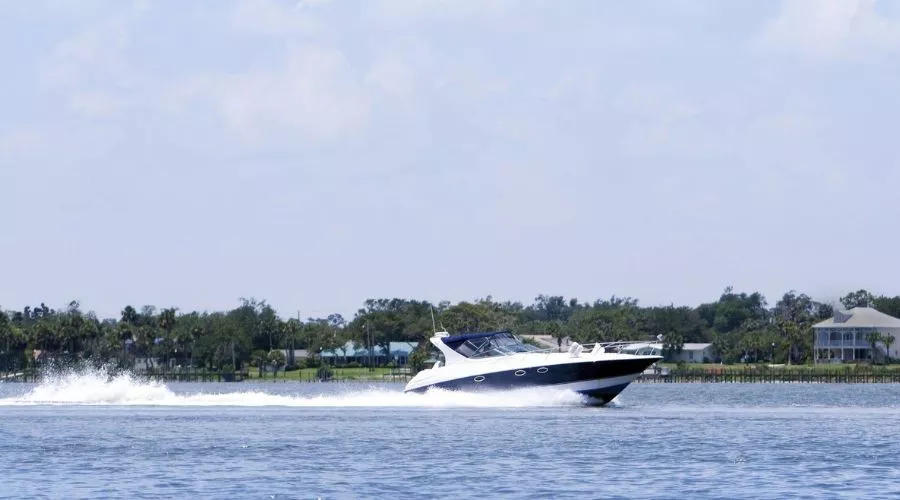
When choosing between a speed boat and a pontoon boat, the answer depends on what you’ll be using the boat for. If you’re finding for speed and agility, a speed boat is a way to go. Here are some of the advantages of a speed boat over a pontoon boat:
So while there are some advantages of speed boats over pontoon boats, it comes down to what you’ll be using the boat for and which one better suits your needs. If speed and agility are vital to you, then a speed boat may be the way to go.
Disadvantages of speed boats Over pontoon boats
Speed boats have their advantages regarding speed and agility on the water, but there are some downsides to this type of boat.
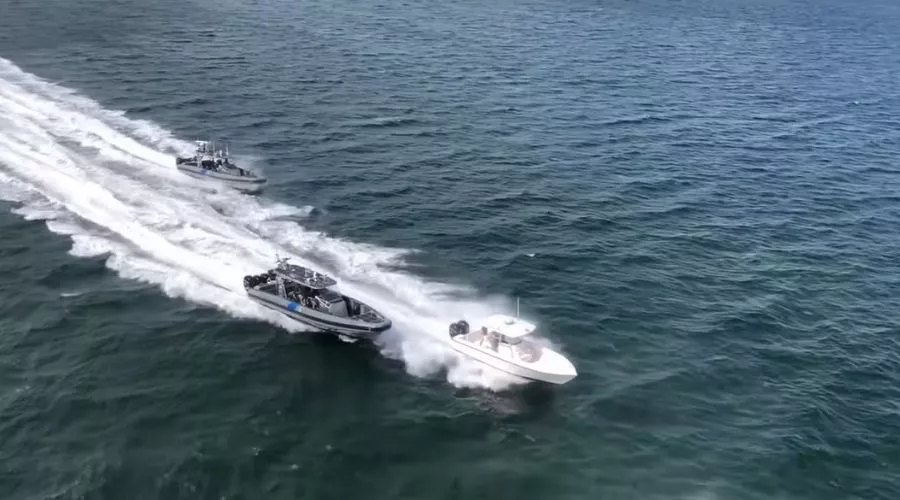
The cost is the most significant disadvantage of a speedboat compared to a pontoon boat. Speedboats typically require more prominent and more powerful engines, so they tend to be more expensive than pontoon boats.
Additionally, speedboats require more maintenance to keep running smoothly and safely, as they are often more complex than pontoon boats.
Another downside to speedboats is that they don’t provide as much comfort or stability as pontoon boats.
Speedboats tend to be smaller and more cramped than pontoon boats, which can be uncomfortable for passengers.
They also don’t provide the same level of stability that pontoon boats do, making them more prone to rocking and rolling in choppy water.
Finally, speedboats can be more dangerous than pontoon boats, especially in the hands of inexperienced boaters.
The faster speeds and more powerful engines on a speedboat can be difficult for inexperienced boaters to control, leading to potential accidents or other dangerous situations.
In conclusion, speedboats can be great for experienced boaters who want a fast and agile boat, but they come with higher costs, less comfort and stability, and more significant risks than pontoon boats.
Best uses for pontoon boats
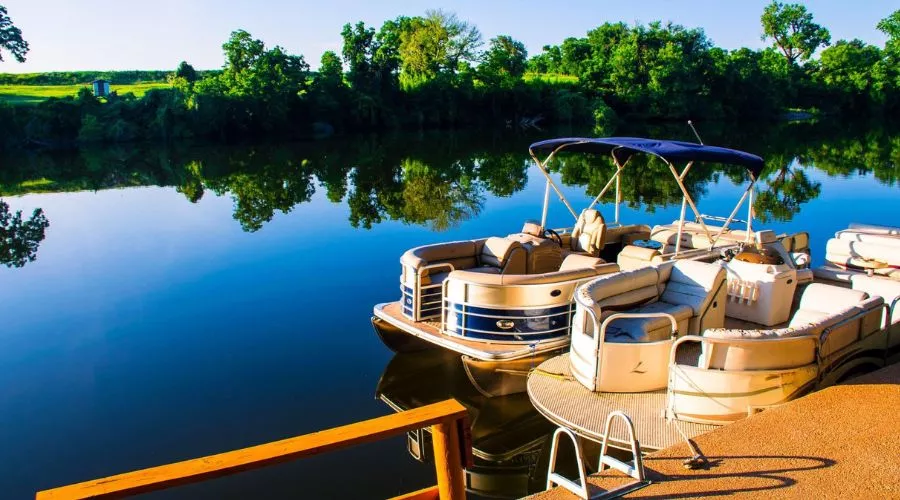
Pontoon boats are some of the most versatile vessels out there! Whether you’re planning for a leisurely cruise, a fishing adventure, or a watersports thrill ride, pontoon boats can do it all. Here are some of the best uses for pontoon boats:
Overall, pontoon boats offer a ton of versatility and can be used for almost any type of activity on the water. So if you’re finding for a boat that can do it all, a pontoon boat is the way to go!
Best uses for speed boats
Cost

When it comes to comparing the cost of pontoon boats and speed boats, there are a few different factors you’ll want to consider.
The first factor is the type of boat. Pontoon boats are typically more extensive and more stable than speed boats, so they usually cost more to buy and maintain.
Speed boats are typically smaller and lighter, so they can be less expensive to purchase but may require more frequent maintenance.
The second factor is the size of the boat. Pontoon boats come in a variety of sizes, from small fishing models to large family-style models, so the cost can vary greatly depending on the size you choose. Speed boats also come in various sizes, but they tend to be smaller and more affordable than pontoon boats.
The third factor is the engine size. Pontoon boats usually have larger engines than speed boats, so they can be more expensive to power and maintain. Speed boats typically have smaller motors, making them less costly to operate and maintain.
Finally, you’ll want to consider the additional costs of owning either boat. Pontoon boats usually require more accessories than speed boats, such as life jackets, safety equipment, and mooring fees.
Speed boats usually require fewer accessories so that they can be more affordable in the long run.
Overall, pontoon boats tend to be more expensive than speed boats regarding buying and operating costs. However, if you plan to buy a larger boat with more stability, a pontoon boat may be a good option.
Space
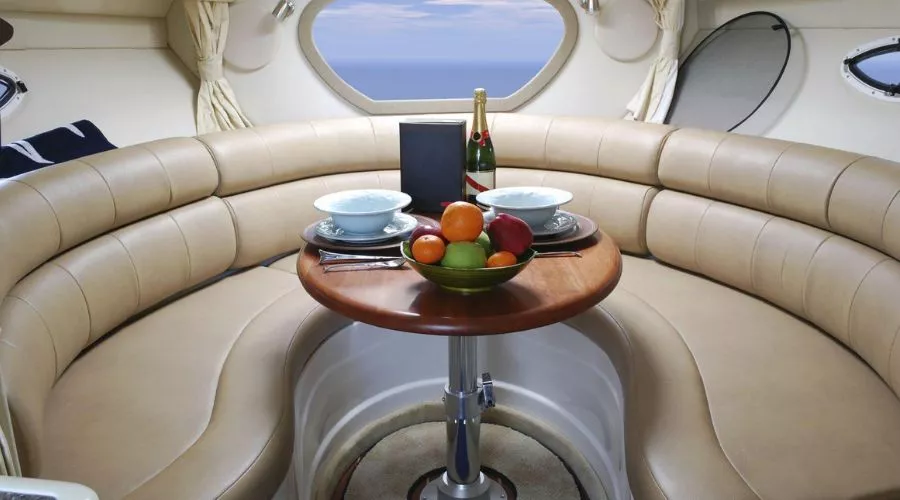
Pontoon boats are usually much larger vessels than speed boats. This is because pontoon boats are designed for leisurely activities like fishing, swimming, and just floating around.
They usually have an expansive, flat deck supported by two or more pontoons, and the deck is typically made of aluminum or fiberglass.
The pontoons are typically filled with air, but some pontoon boats have sealed pontoons that are filled with foam for extra buoyancy.
Pontoon boats also have sun canopies and plenty of seating, so they are ideal for entertaining and relaxing on the water. On the other hand, speed boats are much smaller and faster than pontoon boats.
They are built with a deep-V hull that is designed to cut through the water more quickly and give them more excellent maneuverability.
Speed boats come in many sizes but tend to have less seating than pontoon boats, and the deck is typically much smaller.
They also don’t usually have sun canopies, making them better for water skiing and wakeboarding activities.
Adventure

Firstly, the speed of the boat. Speed boats are built for speed, whereas pontoon boats focus on leisurely cruising.
If you want a fast-paced, thrilling ride on the water, then a speed boat is the way. But a pontoon boat is a good choice if you want a more relaxed, leisurely adventure.
Another aspect to take into account is the size of the boat. Speed boats tend to be smaller and more compact than pontoon boats, so if you’re finding for an intimate experience with your friends or family, a speed boat would be your best bet.
On the other hand, a pontoon boat is ideal if you want something more extensive and spacious. Finally, it’s essential to consider the type of terrain you’ll be navigating.
Speed boats are built to handle rougher waters, which are great for lake or sea adventures. Pontoon boats are designed for calmer waters, such as rivers and shallow lakes, so they’re perfect for slower-paced journeys through nature.
Overall, it comes down to personal preference when it comes to adventure comparisons between pontoons and speed boats.
A speed boat is your best bet if you want an adrenaline-filled day on the water. But if you’re searching for a leisurely day trip with your friends or family, then a pontoon boat is your ideal choice.
Operation and Maintenance
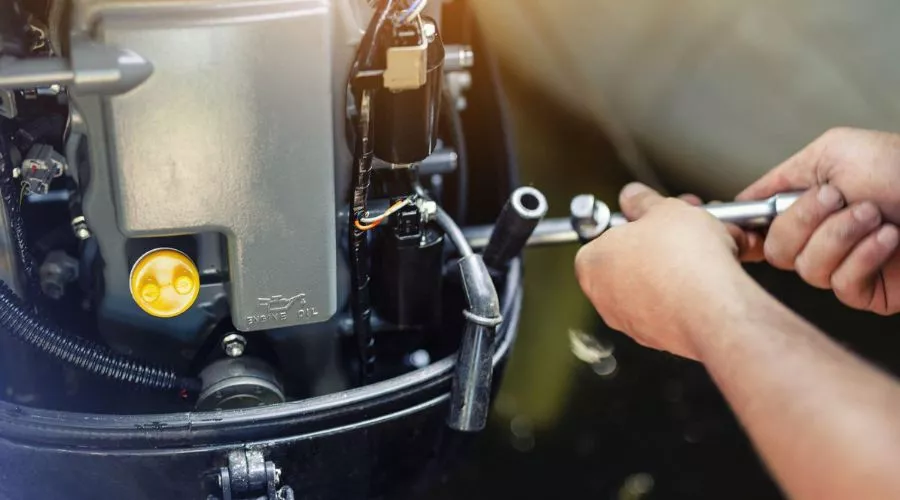
In operation, pontoon boats tend to be slower than speed boats, as they are designed with a flat bottom and two pontoons running along the sides. This makes them more stable on the water but also less responsive to changes in speed or direction.
As a result, they are typically easier to operate than speed boats. Regarding maintenance, pontoon boats require regular cleaning and inspection of the hull and pontoons, as well as lubrication and inspection of all the moving parts.
Additionally, it is vital to check and adjust the steering system and ensure all the safety equipment is in good working order.
On the other hand, speedboats require more frequent maintenance due to their higher speeds.
The hull must be checked regularly for any signs of wear or damage, as well as all moving parts and the engine. It is also essential to check the fuel system for leaks or other problems.
Additionally, the propeller should be inspected for any signs of wear or damage. Overall, pontoon and speed boats require regular maintenance to keep them in top condition.
However, speedboats require frequent maintenance due to their higher speeds and more significant strain on their components.
Additionally, pontoon boats are typically easier to operate due to their flat-bottom design.
Should I get a pontoon or speed boat?
When deciding between a pontoon and a speed boat, there are a few different factors to consider. Both ships can provide great opportunities for fun on the water, but each has its strengths and weaknesses.
In terms of performance, speedboats are the clear winner. They tend to be much faster than pontoons and provide excellent maneuverability in choppy conditions.
Speed boats can also be used for various activities, including waterskiing and wakeboarding.
On the other hand, pontoons are generally much more stable than speed boats and can hold more people. They also tend to be more affordable and easier to maintain.
So which boat is best? Ultimately, it depends on your preference and what you want to use it for. A speed boat is a way to go if you’re planning to buy a boat for speed and performance. But if you need more space and stability, a pontoon is likely the better choice.
FAQS
Are pontoon boats safer than regular boats?
Pontoon boats also tend to be much slower than regular boats, making them more suitable for recreational activities such as fishing and tubing. This means that they’re less likely to get into accidents due to high speeds and are much easier to maneuver at slow speeds. Furthermore, since they’re bigger and slower, they’re much less likely to collide with other vessels.
Finally, pontoon boats tend to be more durable than regular boats. They’re usually made from heavy-duty materials such as aluminum or steel, and their flat bottoms make them less susceptible to damage from rocks and other underwater hazards. This makes them more reliable in rough waters and can help prevent accidents or damage to the boat itself.
Pontoon boats are generally considered safer than regular boats due to their broad, flat hulls, higher sides, slower speeds, and outstanding durability.

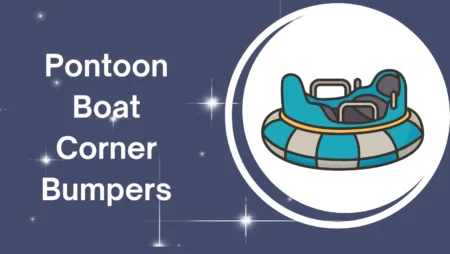
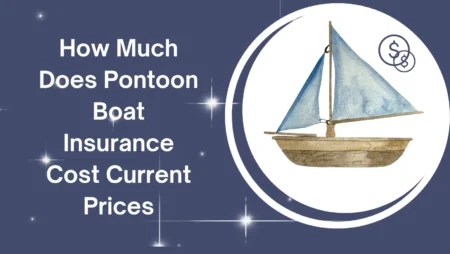
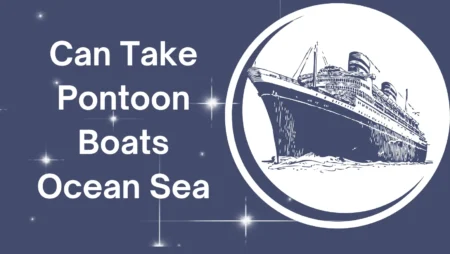
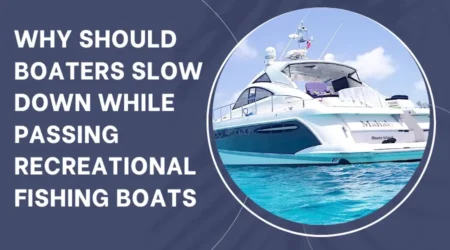

![What Is The Best Way To Avoid Overloading Your Boat?-[Guide 2023]]](https://theboatingbuds.com/wp-content/uploads/2022/03/Best-way-to-overload-boat.webp)
